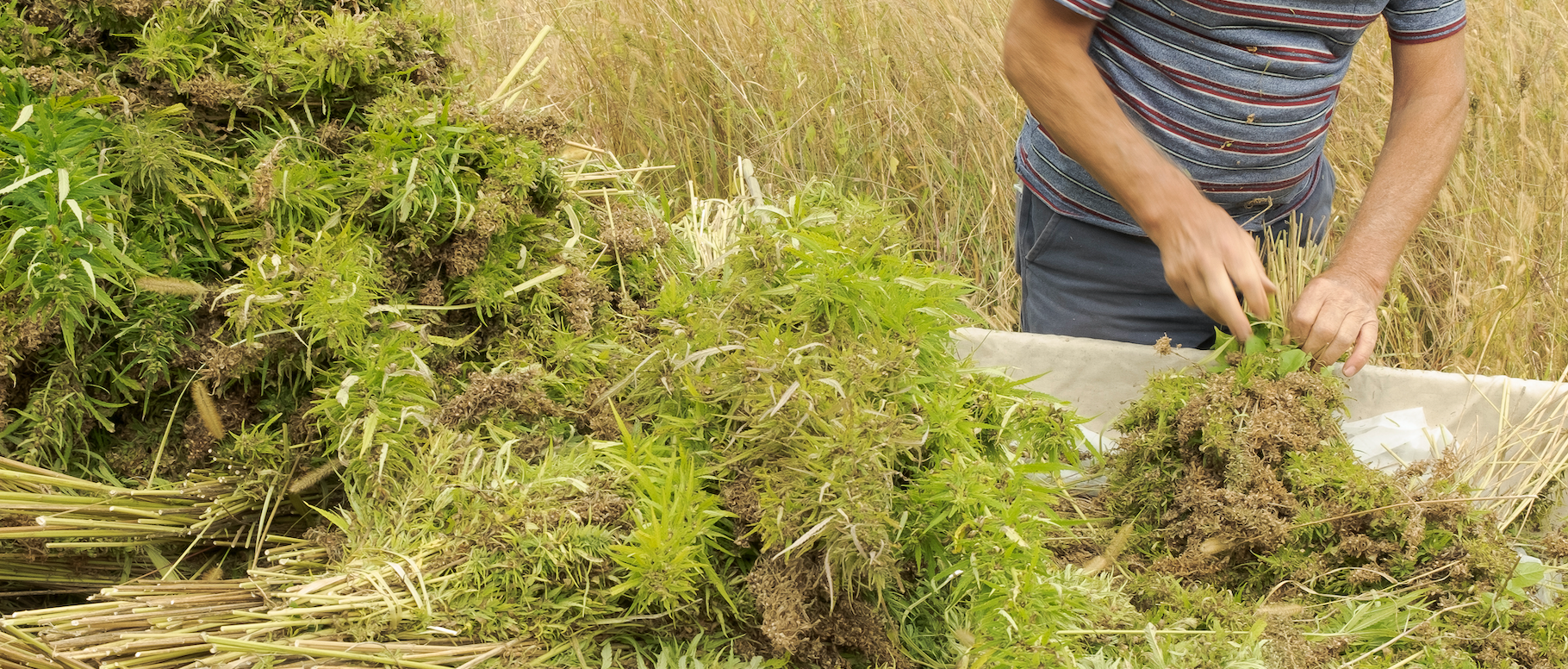11.21.2025
Sausage casings bulletin, November 21, 2025

...

There is increased activity in the fiber segment, with hundreds of millions of dollars poised for near-term deployment via two US processing projects. We reported on Collective Growth, the group conceived by Canopy growth Alums Bruce Linton, Geoff Whaling, and Tim Saunders. Their original IPO date for their blank check corporation was March 17, but this was postponed due to coronavirus. The IPO occurred May 1 and handily met the $150 million goal, with an eventual market cap on May 1 at $190 million.
Collective growth is now in a position to fund projects that present the most value in their objective to increase fiber processing capacity in the US. Increasing fiber processing capacity is not just a simple spend. Innovative equipment and loads of intellectual property will be required just for developing high capacity decorticators. The community mill model, spreading out more, lower capacity machines that pool hemp from their local areas may be a practical approach. Raw, retted, baled hemp fiber is the same as trucking grass hay. Expensive, and not practical.
The blank check corporation allows them to immediately begin to acquire companies. At this point, we’re unaware of any turnkey opportunities out there, but plenty of IP spread around, in various aspects of fiber processing. The former Sunstrand facility or decortication equipment in Kentucky may be put to use in Collective Growth’s plan, or perhaps BastCore in Omaha will get a look. BastCore has been quiet for a couple of years, with no apparent activity. If their facility is idle, then it would be a candidate for acquisition. Much of the early work in R&D for hemp processing is yet to be done, so idle facilities with proven capacity can contribute to industry and process development.
Panda Biotech announced last month they’re commissioning the construction of a 10 ton/hour decorticator, thought to be the largest in the world, and is by far the largest in North America. It is shocking that we have made so little technological progress with hemp fiber. In retrospect, long standing policy that prevented any meaningful progress in hemp-based technology, medicine, or food has no parallel in recent history. The optimal size and design for decorticators can only be discovered through countless hours of operation, with skillful engineers to develop improved handling and processing for the various functions or modules onboard a decorticator. Europe and China are the obvious wells to draw water from in the development of modern processing equipment. Panda intends to produce premium long strand bast fiber for woven textile applications, by no means the low hanging fruit of hemp fiber.
Non-woven textiles are seen as the more accessible pathway to market. Non-woven products do not require the level of processing needed to cottonize hemp for spinning into yarn, or further blending with other components like cotton or viscose. One timely concept recently announced by paper giant Georgia-Pacific is the product of their collaboration with Canadian firm Bast Fibre Technologies. They intend to bring disposable wipes to market, containing some amount of hemp. That market has launched in the wake of coronavirus, and like many recent changes in our society, they are here to stay. We have discussed the three broad criteria for successfully bringing hemp products to market in previous bulletins. The product must perform better, be more sustainable, and more affordable. The first two are a yes for hemp-based wipes, compared with current synthetic ones. Pricing is the key question, but in today’s political and now economic climate, the project would not be moving forward unless it creates value for shareholders.